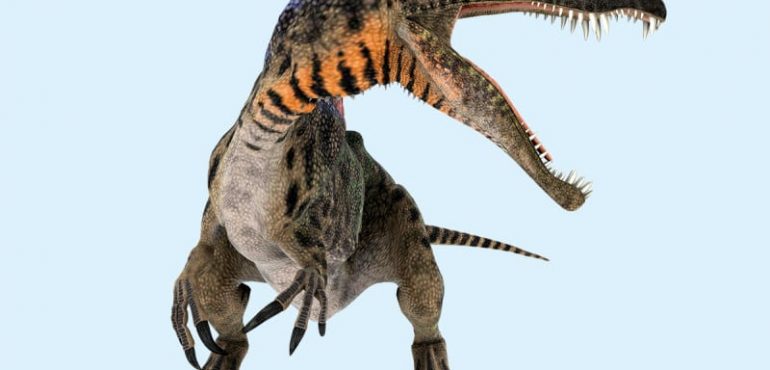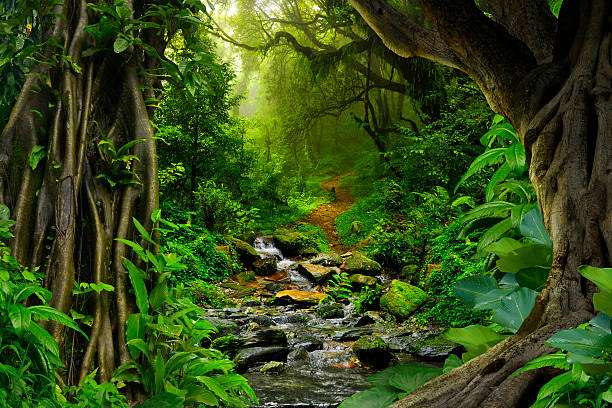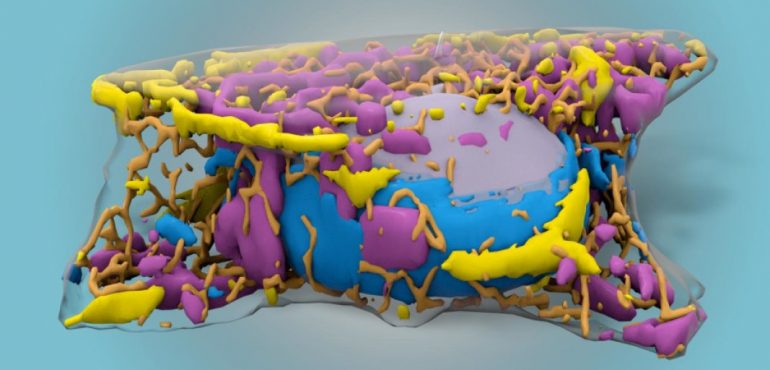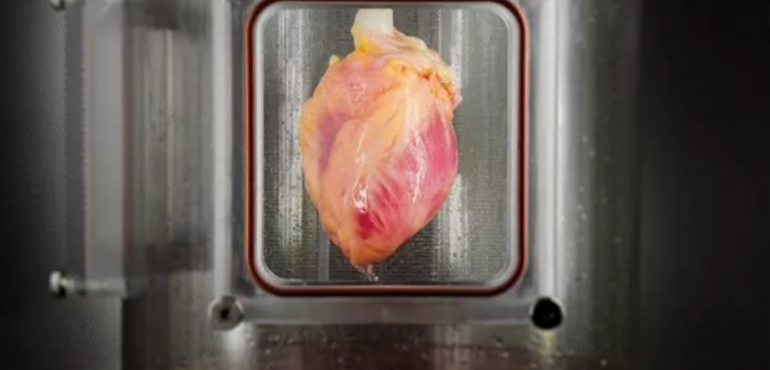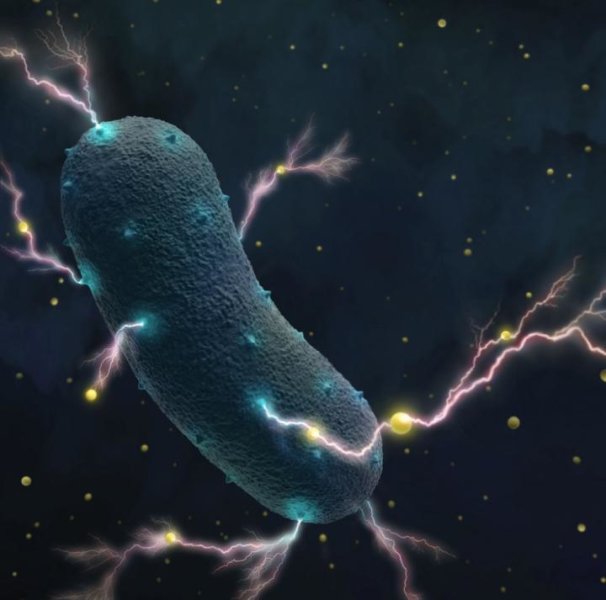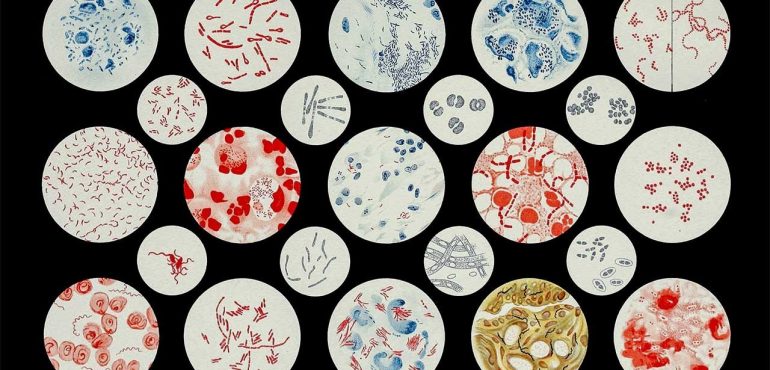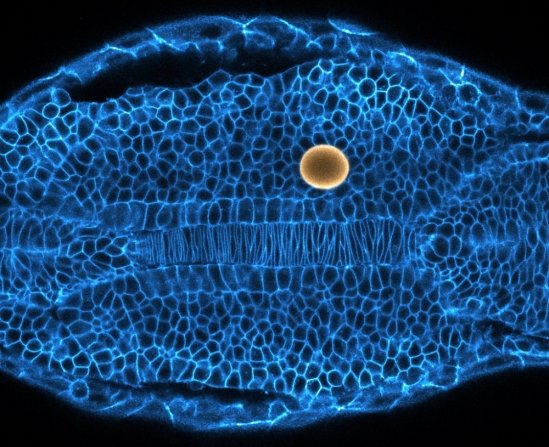HAVE you heard the one about the blind men and the elephant? One man feels its tail and thinks the animal is like a sturdy rope. Another touches its tusk and says, no, an elephant is like a spear, and so on. The moral of this ancient parable is that we shouldn’t assume too much…
Read more
The mystery of the dinosaur with crocodile jaws, bear claws and a sail
